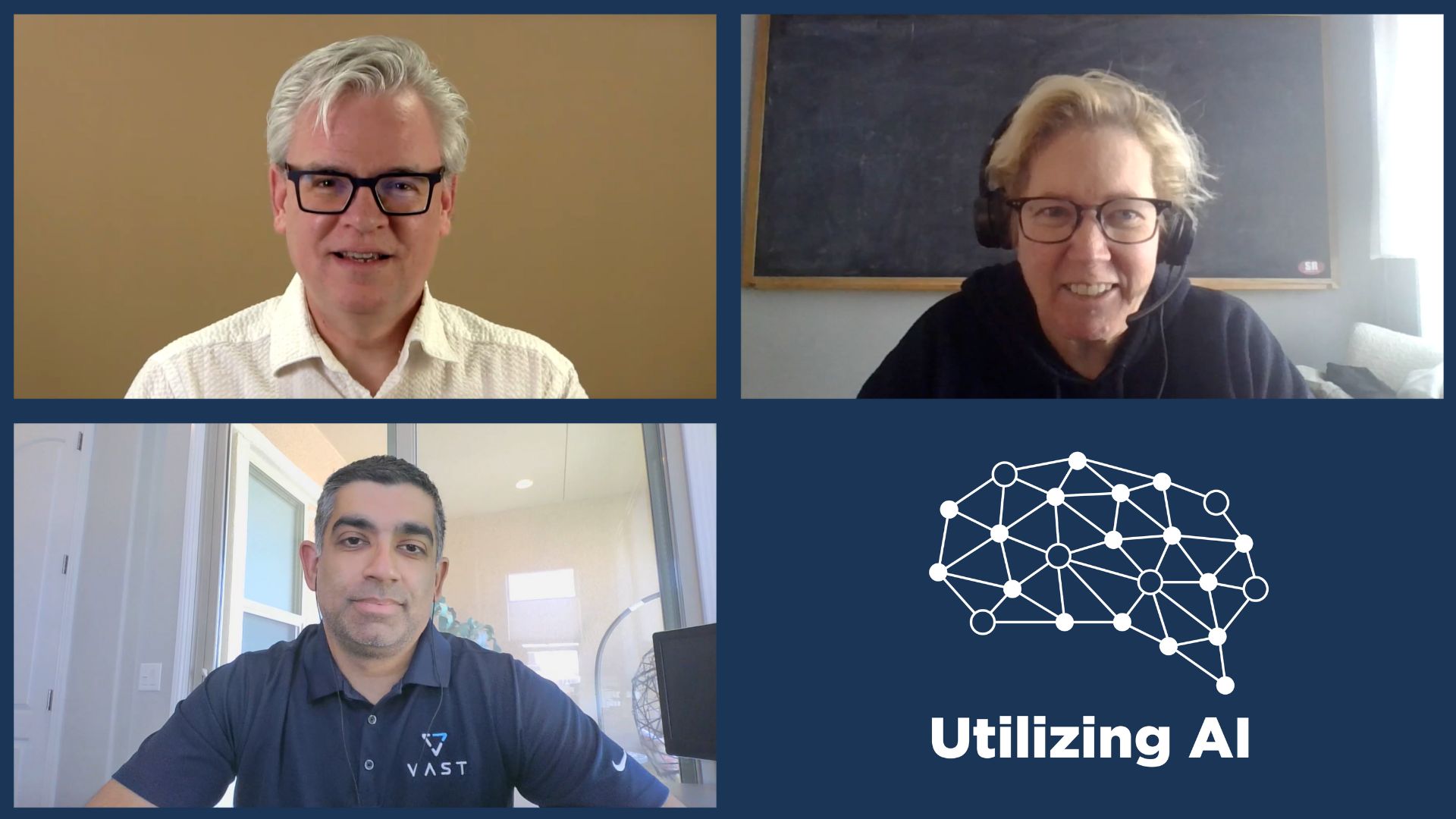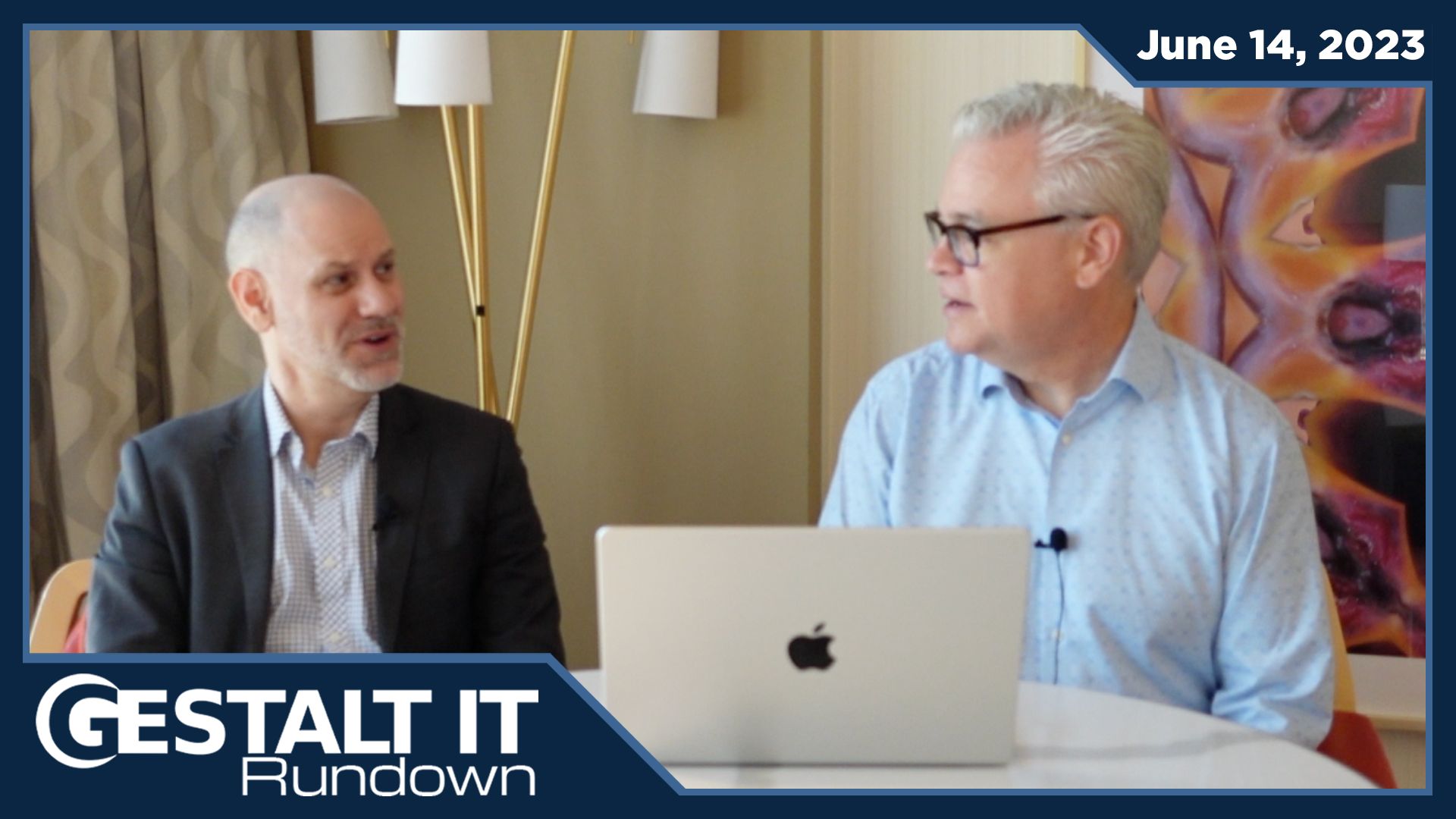In this rapidly decentralizing, digitized world, is it even possible for us to maintain privacy over our personal data? This question is one that has troubled me for some time.

As more and more of our daily lives become mirrored onto the internet, so does our data, and, chillingly, it seems so do our very selves. Through search engines, social media, and online shopping, among many other outlets, our behaviors, our desires, our fears, et. al. are all meticulously tracked, stored, and in some cases, sold to the highest bidder. So again, I ask, can we even possibly keep ourselves from becoming a part of the machine?
Data Sovereignty – a Boon or a Bane?
This issue has been troubling others in the community, too. For example, the endlessly witty Chin-Fah Heoh of StorageGaga recently wrote on this topic after presenting in a webinar on data sovereignty. He writes:
In this borderless digital world, our personal identifiable information (PII) has become a vital sine qua non. In this faceless world, where who we are can easily be misrepresented and faked, the security and the protection of PII is absolutely all-important. That is why I am attracted to the ideals of the data protection acts in many countries that view data privacy as a birthright, a constitutional right. The enactment of these laws of the land are to protect the private and confidential data of the individual or the organization in the land they are conceived.
Before the proceedings, however, Heoh learned of some recent news that has stark effects on data sovereignty and privacy coming out of the world’s largest governments. Learn more about the news, and what Heoh has to say about it by reading more of Data Sovereignty – A Boon or a Bane? over at storagegaga.com.




